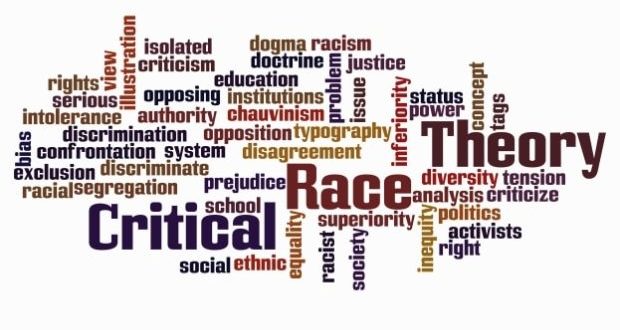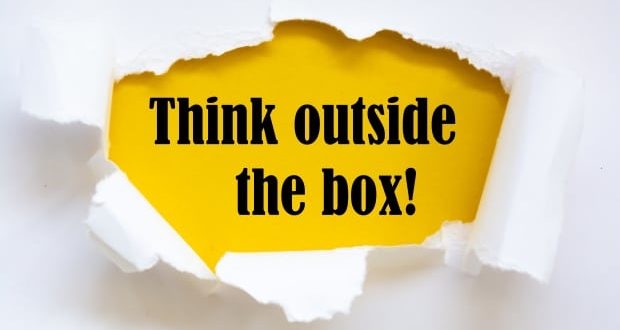The Controversy Of Critical Race Theory
Critical Race Theory has been a common word surrounding recent school proceedings. Many thoughts surround the concept, but there are no easy answers for some of its most pressing questions. What exactly is critical race theory, and why has it become such a controversial subject?
To answer that question, it is important to take a step back and check its strengths and weaknesses. Critical Race Theory is a contentious topic. But, if we can take a moment to empathize with both sides, we can understand how it may affect our children.
What is Critical Race Theory?
Critical Race Theory is the academic concept that race is a social construct. It explains how racism isn’t just related to personal bias. CRT wants to teach school children about systemic racism. For example, children would learn about “redlining” that occurred in the 1930s. This was when government officials created city lines separating races into impoverished areas.
CRT is not a new idea. It began about 40 years ago, during the ’70s and ‘80s. After legal scholars evaluated potential biases, many more have added to the conversation. It also doesn’t just include topics of race. It includes topics surrounding the possible marginalization of all underrepresented groups.
Perspectives
With current terms like “Anti-Racism,” it’s easy to get CRT conflated with other present issues. Since its first appearance in the ‘70s, there have been a variety of thoughts surrounding CRT. Here are some of the most common points brought up by both sides.
“Yes, Critical Race Theory Should be Taught…”
Proponents for Critical Race Theory discuss the fact that it is not an attack against white people. If anything, it points out that good people can accidentally make choices that perpetuate racism. Supporters claim CRT emphasizes the outcomes of racism, not people’s individual beliefs.
CRT attempts to address the potential racial biases within schools. Children of color are more likely to be in underfunded schools, disproportionately disciplined, and restricted from attending higher-level programs. Educators want to teach children about the possible barriers they may face.
A Complicated Mix of Theories
While proponents think that CRT is important, many will admit that it is still developing. Some concepts associated with CRT haven’t left college textbooks. Even with approval, it may take some time for its theories to get included in K-12 education.
Supporters of Critical Race Theory also have debates surrounding their own conclusions. Many of the concepts included with CRT come from a variety of sources. Some of these include legal scholars, humanities researchers, and race formation theory. It is not a single idea. It’s an amalgamation of perspectives.
“No, Critical Race Theory Shouldn’t be Taught….”
Disagreements surrounding CRT come from a position of discrimination. They argue that discrimination against white people to achieve equity is unjust. There are also disagreements surrounding its purpose. How do you address the outcomes of racism? Since these issues are so complicated, it feels severe to put pressure on children. Since they did not cause it to happen, children should be responsible for their own actions.
Many educators agree with culturally relevant teaching. This is an instructional approach that affirms students’ cultural and racial backgrounds. This is separate from CRT. It focuses on the students’ individual lives instead of systemic racism. Some people argue that it is difficult to mix CRT with culturally relevant teaching since it could inadvertently harm children of color.
A Biblical Perspective
Christian families argue that Critical Race Theory clashes with their integral beliefs. They state that they are children of God, making them adopted sons and daughters. Christians believe that the fundamental problem behind humanity is sin, not systemic racism.
Since CRT argues that problems arise due to oppression, believers don’t believe it aligns with Christianity. The consequences of CRT being taught to children could include chaos as a result of hatred. Christians argue that CRT emphasizes self-righteousness, which is unlawful in the Christian Bible.
Should Critical Race Theory Be Taught?
The answer to this question isn’t simple. Addressing systemic racism is a valid viewpoint, as is the topic of discrimination against white people. Critics have offered alternative teaching methods like the Hillsdale 1776 Curriculum. Some proponents feel that Culturally Relevant Teaching may be enough. Some believe that Critical Race Theory may be the best solution for a more anti-racist future.
No matter how you feel about the topic, it is important to evaluate these points and determine the best course of action. Whether you agree or disagree, get involved with your school district’s decisions. Attend school board meetings and provide your opinion. At the end of the day, your child’s education is important. No matter what, practice empathy and approach the issue with an open mind.






